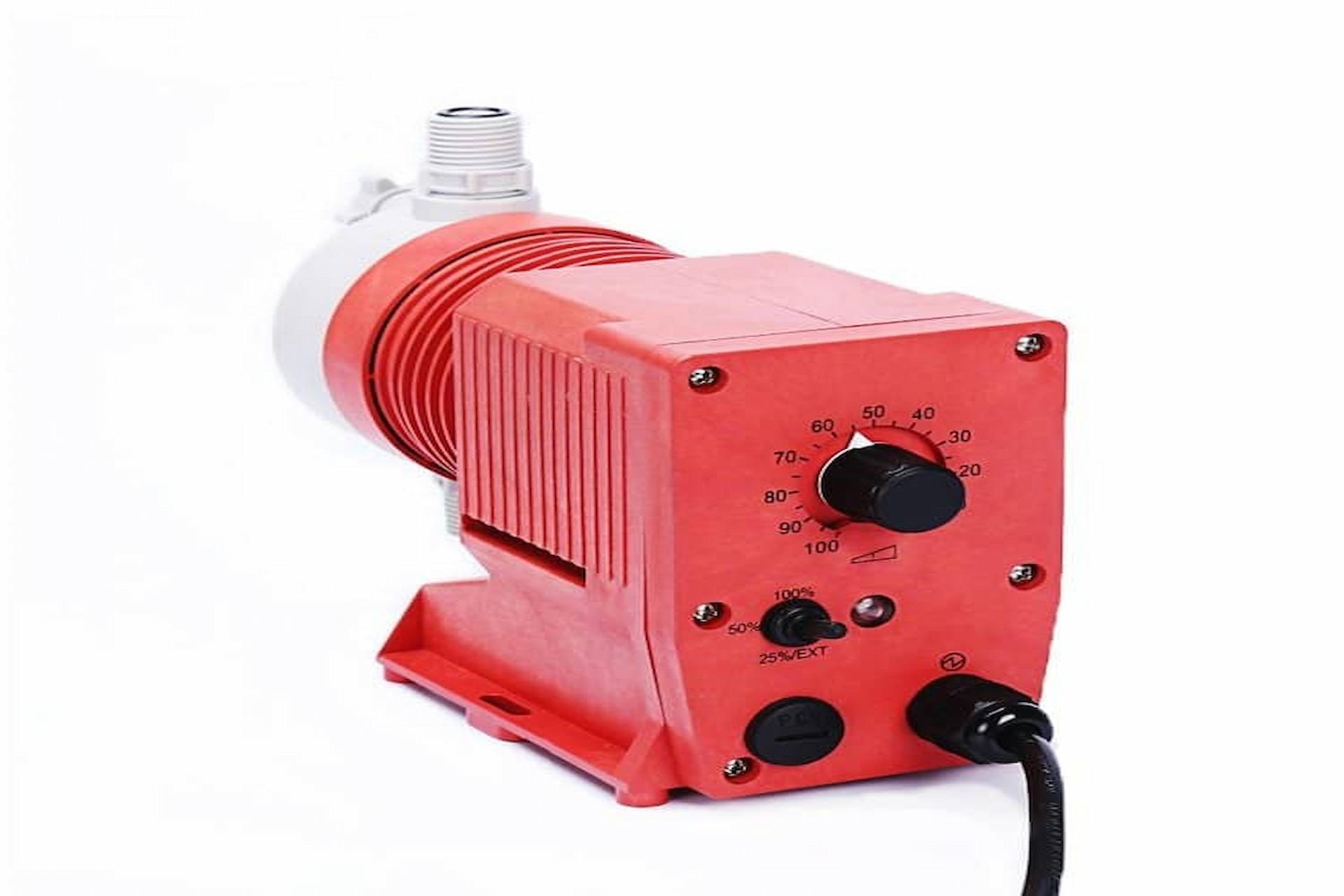Why You Should Invest in It
Whether it’s lifting boxes in a warehouse, moving patients in a hospital, or handling materials on a construction site, manual handling tasks always come with a risk of injury. That’s why training is so important. Let’s look at why cutting corners in manual handling training is a grave mistake, the benefits it offers and the importance of working with a provider of manual handling courses London trainees recommend.
The Dangers of Cutting Corners
First of all: what is manual handling? It covers anything that involves the use of force to lift, lower, push, pull, carry, or move a load. Back injuries, strain and sprains are some of the most common issues that come from poor manual handling techniques. These injuries can result in long-term health problems – which will then lead to reduced productivity and increased time off sick.
While it’s all too easy to ignore manual handling training to save time or money, that is a really short-sighted decision.
The Benefits of Proper Manual Handling Training
There are so many benefits to investing in manual handling training for you or your team members, including:
Enhanced Safety
During a course, trainees will learn the correct techniques for lifting and moving objects. They will also gain an understanding of their own physical limits, and how to use equipment effectively. This newfound knowledge helps create a safer work environment where the risk of injury is minimised.
Increased Productivity
When employees are trained to handle tasks efficiently, their productivity will increase. They will be able to complete tasks more quickly and with less effort, reducing the likelihood of fatigue and errors. This will then translate into better performance throughout your whole organisation!
Improved Employee Morale
A strong focus on safety and proper training shows employees that their well-being is a priority. This can help to build a really positive and supportive work environment, and employees will feel more valued and are more likely to remain loyal to the company.
Legal Compliance
In the UK, employers are legally obligated to ensure the health and safety of their employees. Proper manual handling training helps organisations comply with the Health and Safety at Work Act 1974 and the Manual Handling Operations Regulations 1992. So, it pays to take part!
Choosing a Trusted Training Provider
Selecting the right training provider is essential if you are going to reap all the rewards of manual handling training. Here are some things that you should look for when you are choosing a training company:
- Accreditation and certification
- Years of experience
- Training that can be tailored to suit your needs
- Comprehensive training materials
- Transparent pricing
- Great reviews from past trainees
What to Do Next
Manual handling training is not an area where you should take shortcuts. So, why not get in touch with a trusted training provider today to find out more about how you and your team could benefit?








